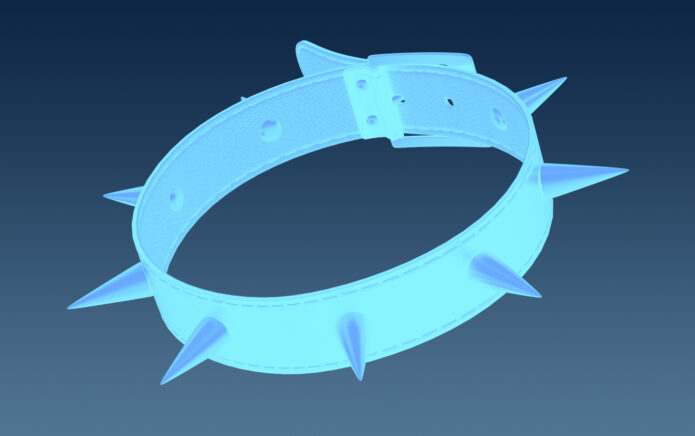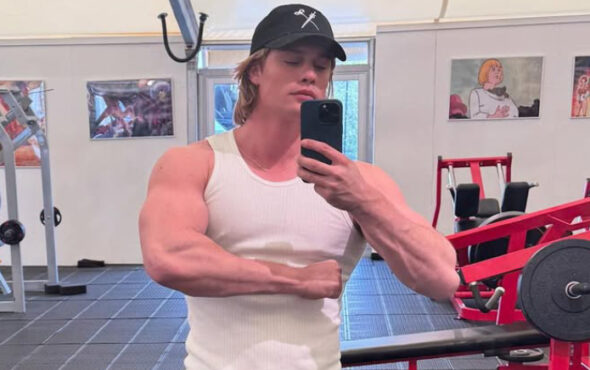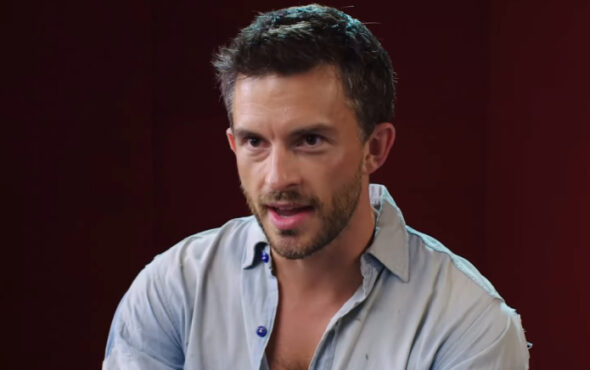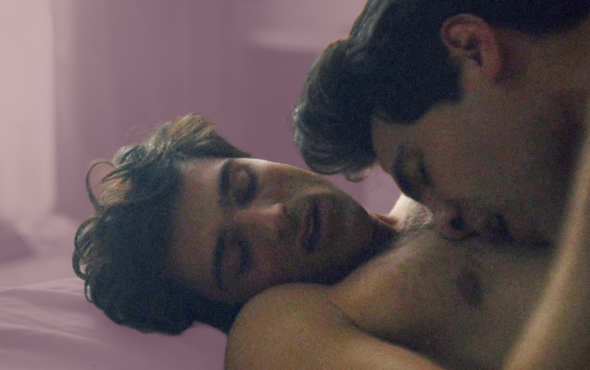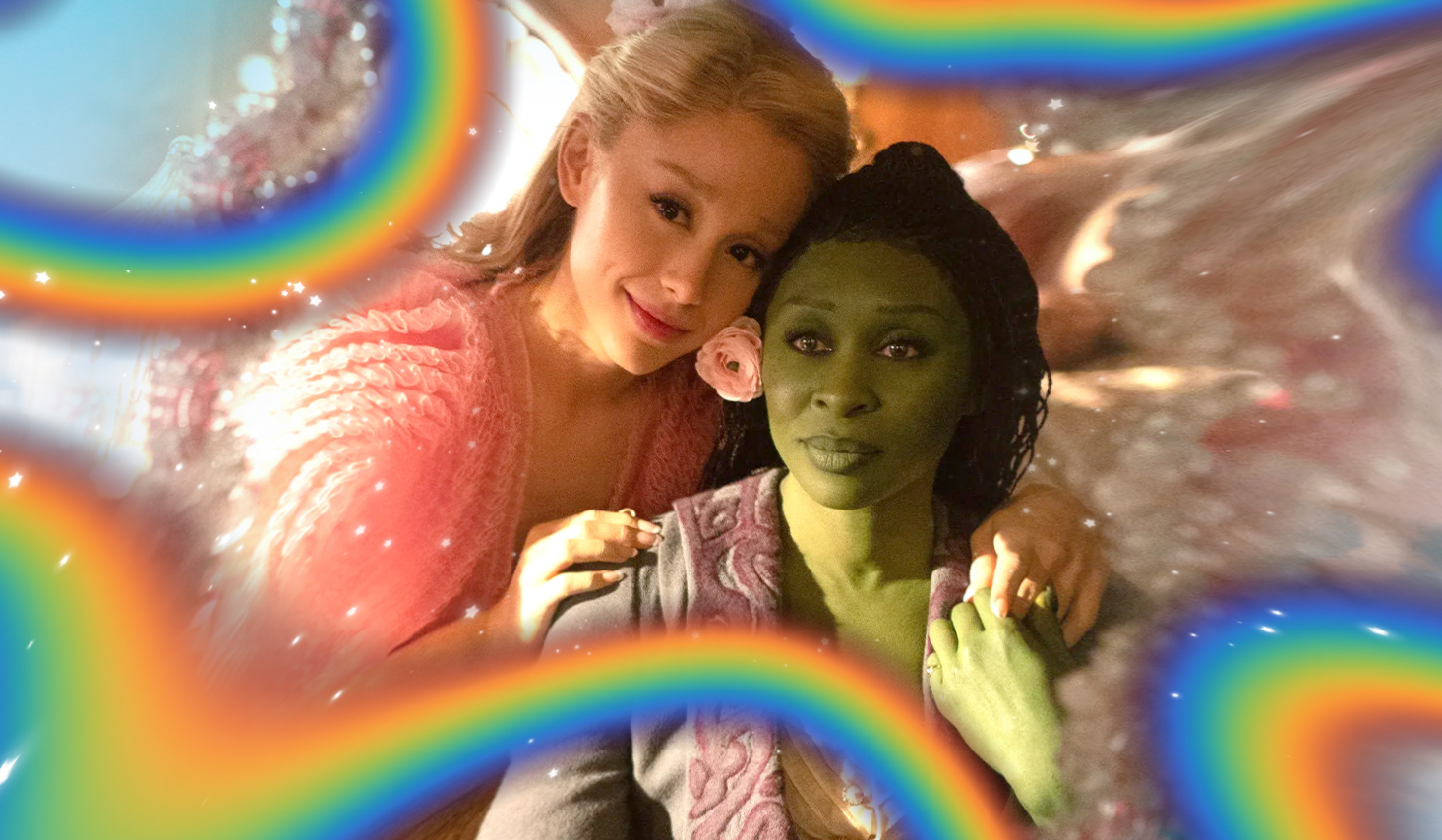
For as long as I can remember, my life has included Wicked. Not just because I’ve seen the West End musical four times, but because it has anchored me through life’s tribulations, the Emerald City always glowing somewhere in my peripheral vision.
I knew Wicked’s film adaptation would be a direct extension of this, but what I didn’t know was that watching it would help me understand my queerness in brand new ways.
The film is inherently queer, from the incredible cast (Cynthia Erivo, Jonathan Bailey, Bowen Yang, Marissa Bode, Bronwyn James, to name a few), to the loud, wonderful strangeness it celebrates, and the rainbow of themes it covers.
Elphaba, the green-skinned Wicked Witch, has an all-too-common queer experience – shunned and bullied for her differences, before being labelled as disgusting and ultimately cast out of society.
As Erivo puts it: “[Elphaha] is on the outside, she is a misfit, she’s different, and there’s something about that that connects to us who are queer.”
At the beginning of the story, she longs to be “degreenified” during the hope-filled song ‘The Wizard and I’, but by the end of the two-and-a-half hours, in a powerfully moving statement, she declares that this is no longer her heart’s desire.
Elphaba, played so tenderly by Erivo, is who I had expected to relate to most when I arrived to see Wicked on screen. I was prepared for the emotion she would evoke in me, and evoke it she did.
But, unexpectedly, it was Ariana Grande’s Glinda who I really saw myself in.
Glinda the Good Witch is loved across the land for her hyper-femme looks and for following the societal rules of Oz so effortlessly. Wherever she goes, she belongs.
Growing up closeted, I watched the Elphabas of my school, my small town, of the world. Those who were openly or obviously queer, who dressed or walked or loved differently. I was aware and almost attuned to the suffering that accompanied their openness, knowing that if anyone found out about what made me different, that suffering would be mine too. I feared I would become the subject of the strange looks, the whispers, and eventually, the witch hunt.
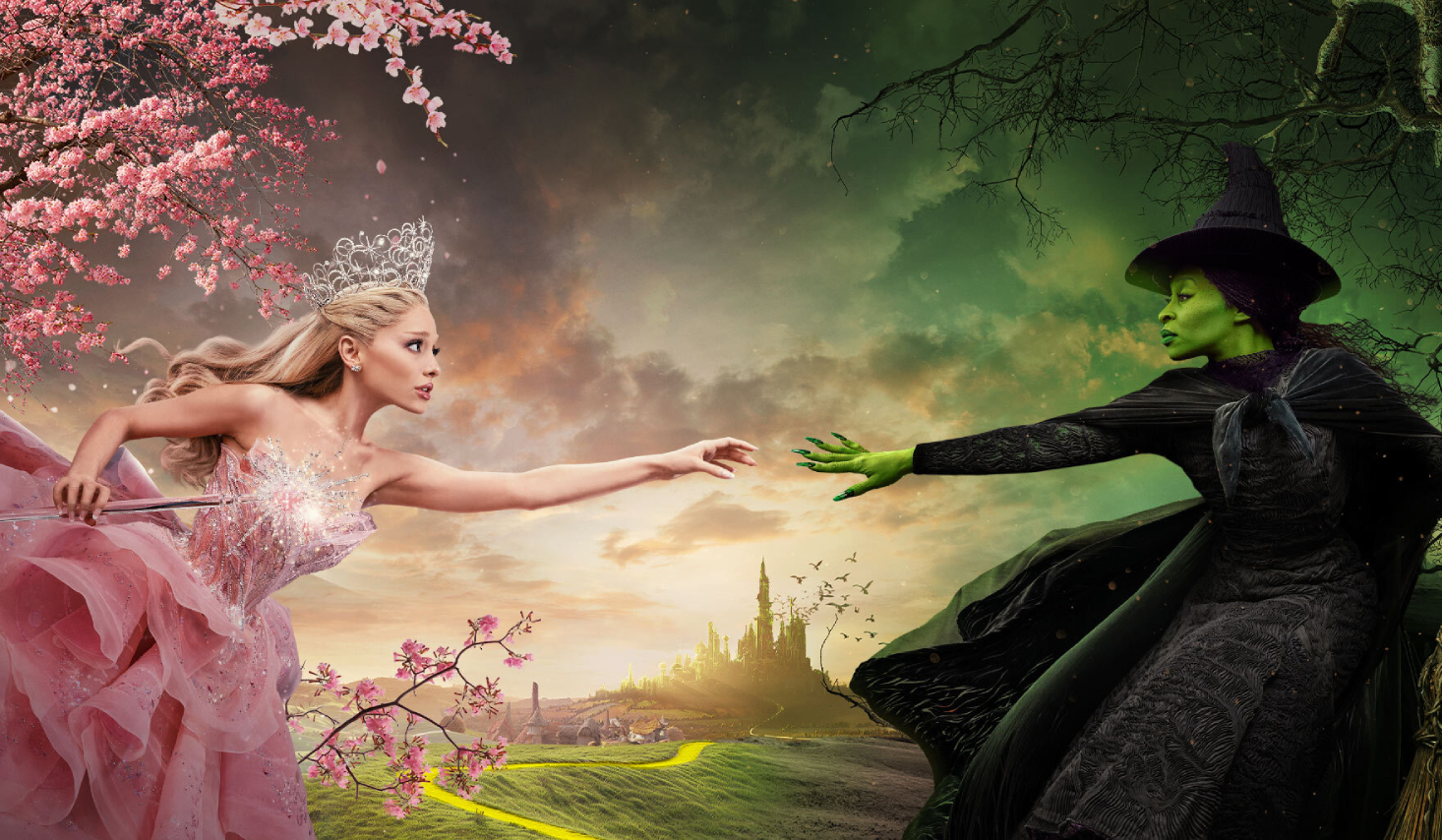
So, I chose to be Glinda. Like her, fitting in was my only wish. I packaged myself into a comfortable, blonde, pink bubble and pushed everything else down.
That was, until I reached adulthood and started having long-term relationships with men. I felt that something, somewhere deep-set within me, just wasn’t right. Glinda too, has a similar realisation in the second act of the musical, after her engagement to a perfect prince is revealed: “Getting your dreams/ It’s strange, but it seems / A little, well, complicated / That joy, that thrill / Doesn’t thrill like you think it will.”
I have always found these lyrics to stare me right in the eyes. They perfectly describe the feeling of compulsory heterosexuality – the theory that our heteronormative society conditions women to view their interactions with men as romantic, even when that might not be what we want.
Ariana Grande herself has hinted that she may agree with this view of the character, recently telling GAY TIMES that Glinda “might be a little in the closet”.
For me, this concept was neatly represented by Jonathan Bailey’s Fiyero in the film. Bailey had my friends, and apparently the entirety of Twitter/X, swooning in their seats. As in awe of that man I am, staring at the big screen, I realised that I wasn’t at all attracted to him. A number of years ago, I would’ve tricked my brain into confusing that awe with romance, just to feel aligned with the rest of my friends.
At that moment, I realised I was no longer living in Glinda’s bubble. I walked out of the theatre determined that if Elphaba can accept her differences, I can accept, or even better, embrace mine.
Isobel is an ambassador for Just Like Us, the LGBT+ young people’s charity. Just Like Us needs LGBT+ ambassadors aged 18-25 to speak in schools – sign up now.
